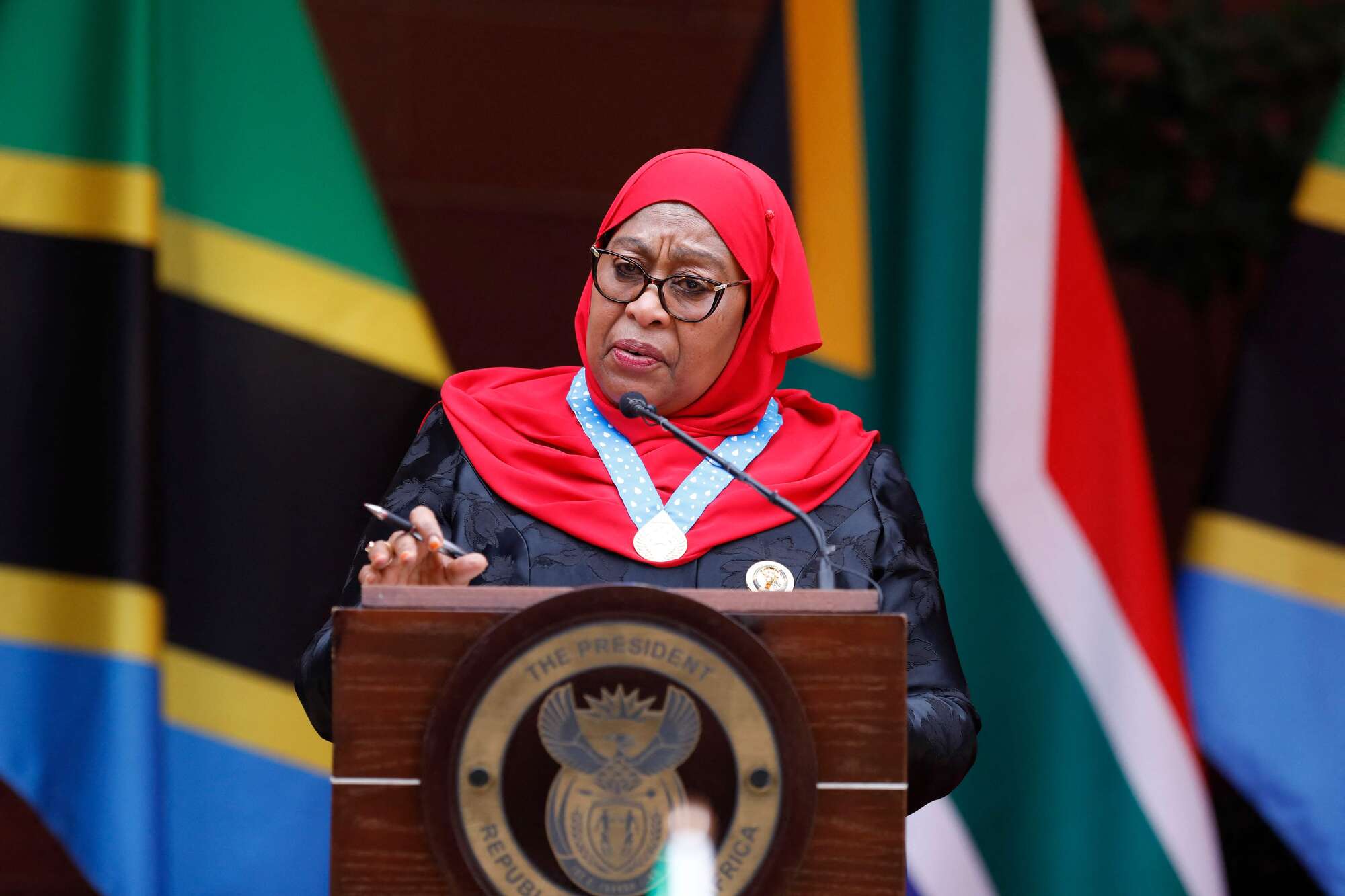African Union (AU) Commission Chairperson Moussa Faki Mahamat has expressed serious concern about the escalating challenges of terrorism and violent extremism affecting the African continent.
“Terrorism and violent extremism are the biggest evils of our time — spreading to all the five regions of Africa,” the AU Commission chief told a high-level meeting on counter-terrorism in the Nigerian capital of Abuja on Monday, according to an AU statement.
Faki referred to the scourge of terrorism in Africa as “a form of metastasis”, as he highlighted the concerning situations in the Horn of Africa, the Great Lakes Region, the Sahel, and parts of Northern Africa.
Read: Africa must not become ‘geostrategic battleground’, AU warns
Data from the African Center for the Study and Research on Terrorism at the AU indicated a substantial increase in both the frequency and lethal nature of terrorist attacks in 2023.
According to the center, an average of eight terrorism incidents and 44 fatalities occurred daily in Africa during the course of 2023, compared to a lower average of four attacks and 18 victims per day between 2017 and 2021.
Faki said the stark situation “underscores our collective and urgent need to re-evaluate our counter-terrorism strategies to effectively address our vulnerabilities and shortcomings in the face of this growing phenomenon.”
He further stressed that AU members must translate their anti-terrorism commitments into actions so as to fully realize the continental vision articulated at the Malabo Summit on terrorism back in 2022.
Faki called on African countries to introduce innovative approaches and concerted efforts in the fight against terrorism.
Read: EA security chiefs plan to end arms trade with technology
“However, we cannot understand that elsewhere in the world, coalitions to fight against terrorism were established and that similar efforts are not made in, at least, one of the five regions in Africa, where the destructive phenomenon is ravaging human lives, infrastructures and institutions,” he said.














